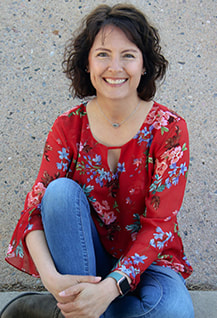|
This post was originally published on 4/19/19 and has been updated and republished on 3/13/24. As spring approaches, I itch to plant and get my hands in the dirt! I have been a coach and consultant in private practice since 2011, and my experience has taught me several things. All of them are similar to tending a garden.
You do not have to be a solopreneur for this garden metaphor to resonate. Your professional garden represents relationships, projects, work streams, divisions, and responsibilities. As Spring descends, consider not only what you plant in your actual garden at home but also your professional one. Is your garden growing by design, or is it accidental? What needs pruning or watering? Is the soil ready for something new? My family loves movies! We are nerdy to the point of putting notes on our calendars when a beloved film, seen on the big screen, is coming out on DVD/Blu-ray. The date it arrives in stores, we make a special trip to Target and then watch it soon after from home. We like to own our favorite flicks. We also do not just watch them over and over - we turn on all needed sound systems, and the movie is amplified all over the house. Amplification is the process of increasing the volume. When something cannot be heard, we plug it into a system that amplifies the sound. We can also amplify the voices of our colleagues. One of my friends and colleagues Dr. Kerry Mitchell, sent me an article written by Claire Landsbaum about the shine theory – ‘if you don’t shine, I don’t shine.’ It was an article about the female staffers in the Obama administration and what they did to ensure female voices were heard. Female staffers adopted a meeting strategy they called “amplification”: When a woman made a key point, other women would repeat it, giving credit to its author. This forced the men in the room to recognize the contribution — and denied them the chance to claim the idea as their own. Two simple things resonate from this article!
Who will you amplify in your next meeting? |
Carrie Arnold, PhD, MCC, BCCIn no particular order: Author | Dog mom | Speaker | Reader | Mom to human offspring | Wife | Lover of Learning | Leadership coach & consultant, The Willow Group | Faculty for Evidence-Based Coaching at Fielding Graduate University
�
Categories
All
|
The Willow GroupCarrie Arnold, PhD, MCC
|
Silenced and Sidelined: How Women Leaders Find Their Voices and Break Barriers
|
|
© 2020 The Willow Group, LLC








